Living in South Sudan Expat Guide part 2. You can see part one here.
Pros and Cons of Living in South Sudan
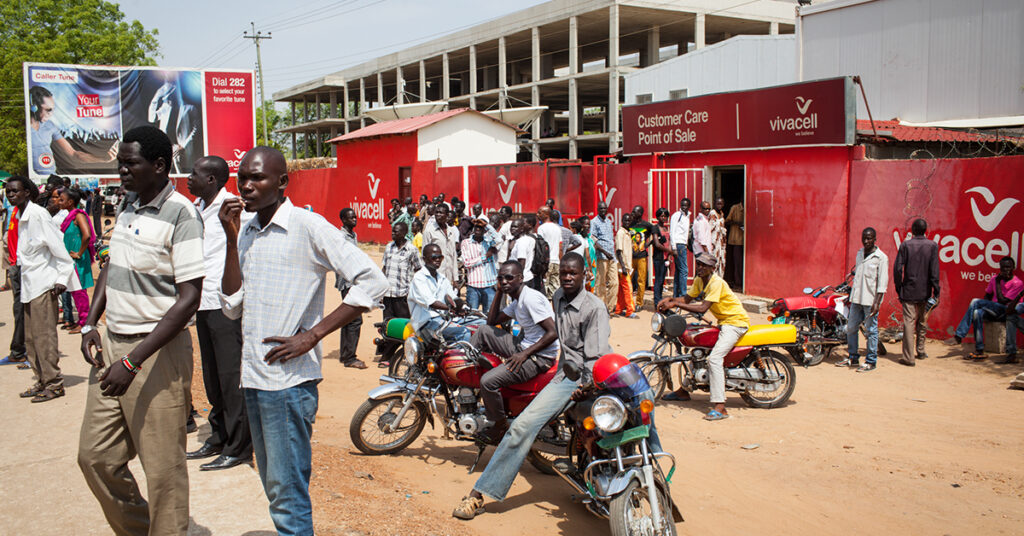
Living in South Sudan comes with many interesting benefits that one might not expect. It is a place where people are determined to build their country despite the odds, and it is an extremely fun place to live if you are open to the experience. Without further ado, below are the pros and cons of living in South Sudan.
Food
South Sudan is one of the best places to find fresh local food and produce grown right at home. The country has abundant natural resources because it is so rich in farmland and water. It’s no wonder that everything tastes so good! And if you’re lucky enough to have a garden, every meal is an opportunity for celebration.
Health Care
Healthcare is free for all citizens of South Sudan because the country cares about its people and wants them to be healthy. It’s a great benefit that very few people in the world get to experience! Medication is readily available, and medical staffs are helpful and well trained. If you need surgery, there are quality doctors who can perform it for a reasonable price.
Security
South Sudan is a relatively peaceful place to live these days, though there was a civil war just recently. Most crime consists of carjacking and other minor crimes that happen as people try to get ahead and become wealthy in the corrupt political environment. You should still be mindful of your surroundings and keep your valuables locked up in the car. But, overall, South Sudan is safer than many other places in the world.
Value for Money
Foods are cheaper in South Sudan; you get more bangs for your buck! This is one of the main reasons that people want to move here, and it’s also the reason that South Sudan has such a large black market. You can buy things like clothes and shoes for less than you’d pay in North America or Europe.
Culture
There is a lot of diversity of culture within South Sudan because of its size and location on the map. Because it borders so many other countries, it has been influenced by them as well. And since South Sudan is still relatively new as a country, the culture is changing very rapidly! You can learn traditional dances or customs here that are dying out in neighbouring countries.
Cons
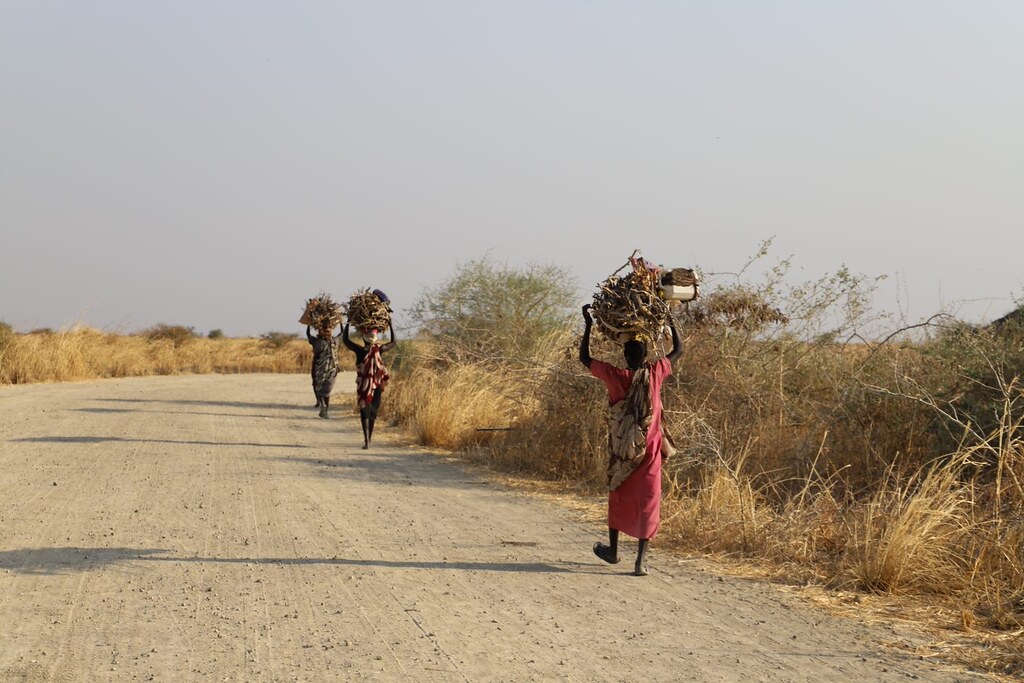
Low Quality Of Life
The concept of “quality of life” is usually defined as living standards or the material well-being and safety of a person or group, especially when this condition is favourable compared to others. This can mean access to nutrition, healthcare, just laws and education. So, in South Sudan, don’t be surprised to see more than 50 percent of the population having low quality of life.
Lack of Housing and Clean Water
Housing and clean water can a significant problem to an expat living in this country for the first time. The existence of easily accessible, safe and permanent housing for everyone is vital to the quality of life in any country. It is also an integral part of human rights along with running water, electricity and so on.
Low Literacy Rate
A country’s literacy level indicates the ability of its citizens to read and write. It also reflects the quality of education in that country, as those who can read and write can easily acquire knowledge from books and other sources as well as disseminate their own ideas through writing. But in South Sudan, there’s low literacy rate, and only the elites or rich people have access to quality education.
Low Salaries
Some companies will go out of business if they don’t pay their workers enough to survive because if they do, there won’t be enough employees to get their work done. In this case, it would be better to research well about the kind of job you’d love to do before relocating to this country as an expat.
8 Top Rated Tourist Attractions in South Sudan
South Sudan is a country in East Africa, recently founded after breaking away from the Republic of Sudan. Located between Ethiopia and Kenya, South Sudan has an abundance of interesting tourist attractions for both locals and foreign visitors to explore. Without much talk, below are the top-rated tourist attractions in the country.
1. Kakuma River
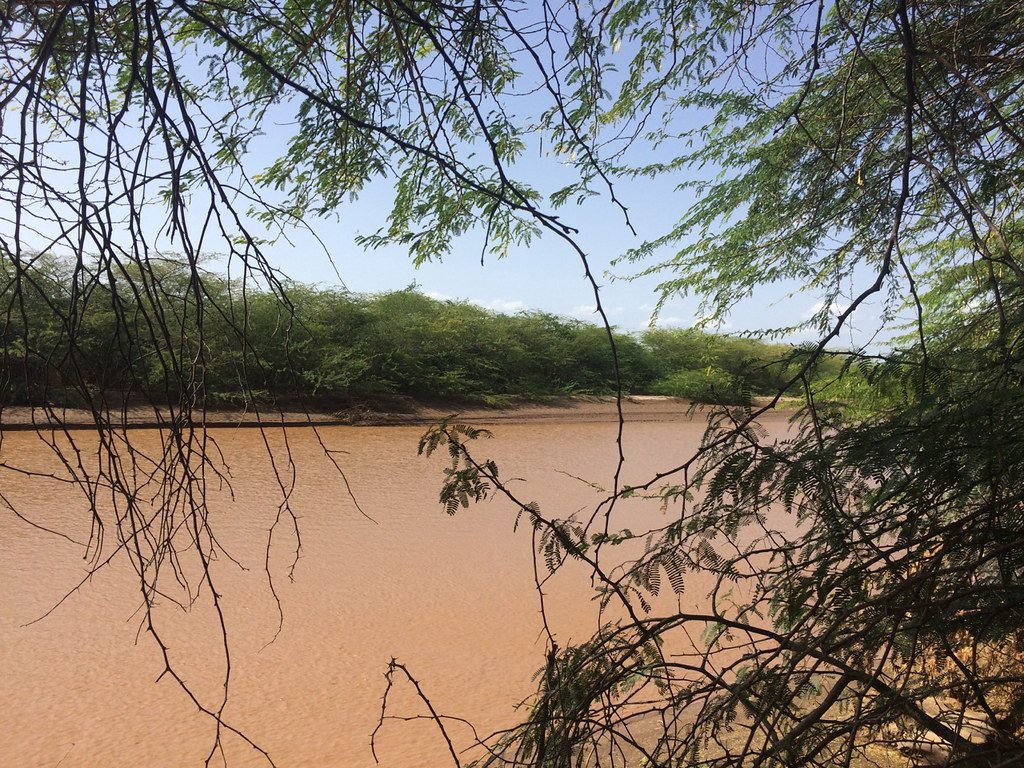
Located in the Kakuma refugee camp, a UNHCR refugee camp hosting mainly refugees from South Sudan, this river is full of crocodiles and hippos. The river’s beauty is enhanced by the palm trees along its side. Tourists can also enjoy a bird’s eye view of Lake Turkana which hosts more than 400 species of birds flying around it.
2. Boma Falls
This is another place to take into consideration if you’re looking to explore what South Sudan has for you. It’s a place with a great view of the Nile River and is located near the city of Juba. The Boma Falls are an attraction to tourists who want to see freshwater flowing down from high hills through tea plantations.
3. The High Bridge
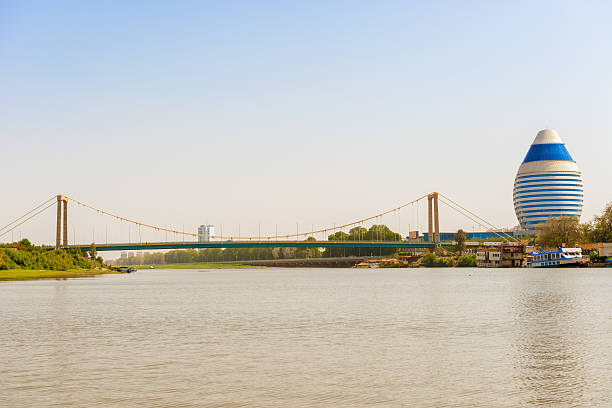
Located on top of an extinct volcano, this bridge offers visitors scenic views of the White Nile River. It is said to be one of the longest bridges in Africa and it offers great opportunities for game viewing due to its location in Jonglei state. So, you can check this place with family and friends to have a lovely fun time.
4. The Nubian Desert
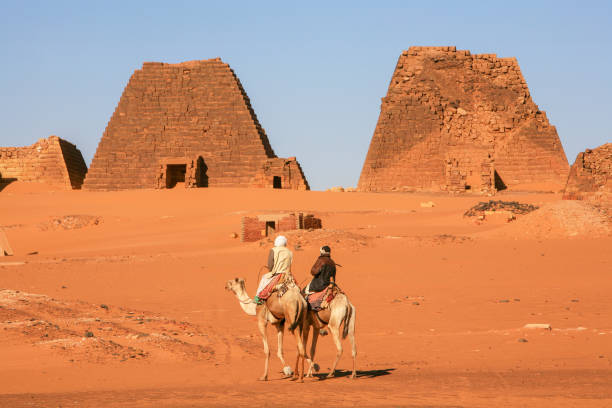
Located in Northern South Sudan, this desert is considered one of Africa’s largest deserts covering an area over 9,800 square kilometers. It is home to many wildlife species including ostriches, gazelles, antelopes and hyenas. The Nubian Desert is also known for its rich fossils that are over four million years old.
5. The Western Borassus Palm Forest
This forest is located in Western Bahr el Ghazal State. The forest covers an area of over 3,900 square kilometers and is home to the rare animal species called the elephant shrew or locally known as “Uyoga”. I’m sure you’d love to see the animal species called the elephant shrew? Yes! Check it out.
6. The Gobboshi Ruins
These ruins are located near the Kajo-Keji County which is close to the border of Uganda. The site was a centre for trade and an ancient African kingdom. It is believed that the Gobboshi Ruins date back to the 15th century during the time when Arabs were expanding their trading routes through Africa.
7. South Sudanese Birding Trails
South Sudan is home to many bird species that can be seen at different times throughout the year, and these species include the Nile Valley openbill (Alticus arnoldi), Marib white-winged flufftail (Sarothrura ayresi) and Denham’s bustard (Neotis denhami).
8. The Little Girma Lake
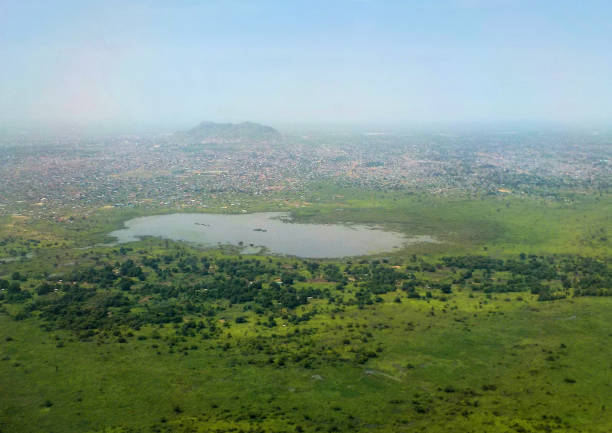
This lake is a popular tourist attraction in South Sudan due to its crystal clear water, which comes from supplies from the River Nile. This place is best known for being the habitat of birds such as pelicans and cormorants.
Frequently Asked Questions about Living in South Sudan
When is the best time to visit?
The best time to visit is before the rainy season (May-September). The dry season (October-April) is also a very good time to go, but can be hot. December through March are the hottest times of the year. It’s safe to assume this question refers to Juba, rather than elsewhere in South Sudan
How do people address each other?
In South Sudan, it is proper to address someone with their title and last name. In a formal setting, this may be as simple as “Doctor”, or as complex as “Colonel Brigadier General Jeremiah Pach”. While the level of formality between individuals will vary widely, the majority of people will be addressed in this form.
Is it safe to go outside?
While there are some areas that are more dangerous than others, the majority of South Sudan is considered relatively safe. The chances of being injured or killed are much higher in unusual places, such as military bases or when overtly harming civilians. If you follow general safety precautions common in other countries, you can find yourself having a very safe and enjoyable time in South Sudan.
What does the economy consist of?
There are many factors that go into the South Sudanese economy; however, agriculture is one of its largest components. This can take the form of farming crops such as sorghum and rice, or rearing animals like cattle, goats and chickens.
How can I find a job?
There are many opportunities for employment in South Sudan, both within the government and outside of it. Jobs with the government can range from working as low-level administrators all the way up to high-level executives. While most jobs with the government require at least a college degree, many similar jobs outside of it pay significantly less.
Can I bring beef into South Sudan?
Due to religious reasons, it is illegal to import beef products into South Sudan. If you are caught with any, you can be sent to jail or fined. While it is possible for South Sudanese people to purchase beef from the market, it is not allowed for foreigners.
Are vaccinations required?
Yes, if you are traveling to South Sudan for any period of time long enough that it would put you in close proximity with animals you will need to be up-to-date on your core vaccines. This includes protecting against yellow fever, polio and Hepatitis A through D.
Conclusion
South Sudan, also called Southern Sudan has a lot of unique scene that you can’t see in other Western counties. While people could describe it as a dangerous place to reside, others see it as an opportunity. The country is safe for expats and there are many things to explore. Nonetheless, read this ultimate guide once more to understand why living in South Sudan worth it.


